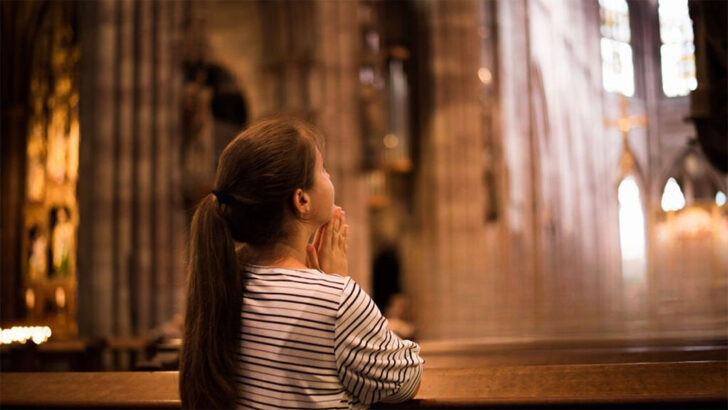Women could be named Ministers
Dear Editor, Dr Cerrato tells us women may not be ordained deacon for “fundamentally theological” reasons [The Irish Catholic – June 6, 2024]. Also, while there were “Deaconesses” in the past, he points out they were not “equivalent” to male deacons. He may well be right, but that need not be the end of the story.
Outside the core ministries of Bishop, Priest and Deacon, the Church can and does create titles and functions at will – Cardinal, Monsignor, Archdeacon, Canon, Chancellor, Papal Nuncio, Master of Ceremonies, Head of Various Vatican Congregations and so on. Many of these titles could be given to women without impinging on the theology of priestly ordination.
At Mass, the male deacon conducts the Penitential Rite, proclaims the Gospel, preaches, reads the prayers of the faithful, receives the gifts, prepares the altar, assists with incensing, distributes Holy Communion and dismisses the congregation. Outside of Mass, the male deacon administers Baptism, brings Viaticum to the dying and officiates at prayer services, funerals and weddings.
It is clear that many – perhaps all – of these duties could be performed by female ministers, without theological issues arising. In fact, most of these duties currently are performed by women.
Surely, we can create a role and add one more title to the long list of Church titles which would give a meaningful role to the women of our time while respecting theological truths which remain true for all time.
If we were to create such a meaningful role – right up to the theological limit but not overstepping it – I am sure that only a theologian would spot the difference between a male deacon and the resulting female minister – who could be called for example an Archdeacon to signal the highest ministry open to women in the Church.
Yours etc.,
John Redmond
Mount Merrion, Co Dublin
Phones in the confession box
Dear Editor, One can understand the need to find the most apt ways to communicate with people these days especially the young, who are largely absent from church most Sundays.
However, it is irritating not to be able to get any information re church services etc. except through Facebook … The mantra for every church seems to be “ Find us on Facebook!”
Whereas that may suit a business, it excludes those who, for privacy reasons, do not want to be on social media.
Perhaps those parishes which use Facebook might consider giving basic contact details and other important information in plain English on an easily accessible website also.
And what of those who for reasons of disability may be unable to type or even to see the contents of the website? One cannot beat old fashioned telephones with humans at the other end, especially if one needs to call a priest in an emergency.
Lastly, can I appeal to priests to please leave their mobile phones outside the confessional or room in which they are engaged in confidential discussions.
These instruments are well known to be listening devices which, though switched off, can turn on automatically without one being aware until after the event…
A mobile phone switched on during confession leaves open the possibility of breaking the seal of the confessional (as does hearing confessions in the middle of the church within hearing distance of others and of those who insist on walking around near the priest/penitent!). That has put me off completely and may well be one reason why few people avail of the sacrament.
Yours etc.,
Loretto Browne
Ashbourne. Co Meath
Priest lacking personal freedom
Dear Editor, I found Mark Tighe’s report (Sunday Independent, 16 June) on Fr Fergal Cummins’s posts on his personal Facebook page highly amusing. Are priests not allowed any personal freedom these days?
I wonder, would People before Profit TD Paul Murphy have taken umbrage if Fr Cummins had posted far-left views on Facebook, instead of “posts that advocated for right-wing parties.” I did not know that expressing a right-wing opinion was a sin in our democratic society.
I am also amazed at the irony of the far-left TD, demanding that the Bishop of Meath use his mitre to put a gagging order on one of his priests. How ultra-liberal of him!
Irony of ironies, Fr Cummins has chosen a vocation which by definition has always put “people before profit.” Let Fr Cummins be.
Yours etc.,
P J Mathews,
Diocese of Meath, Drogheda



